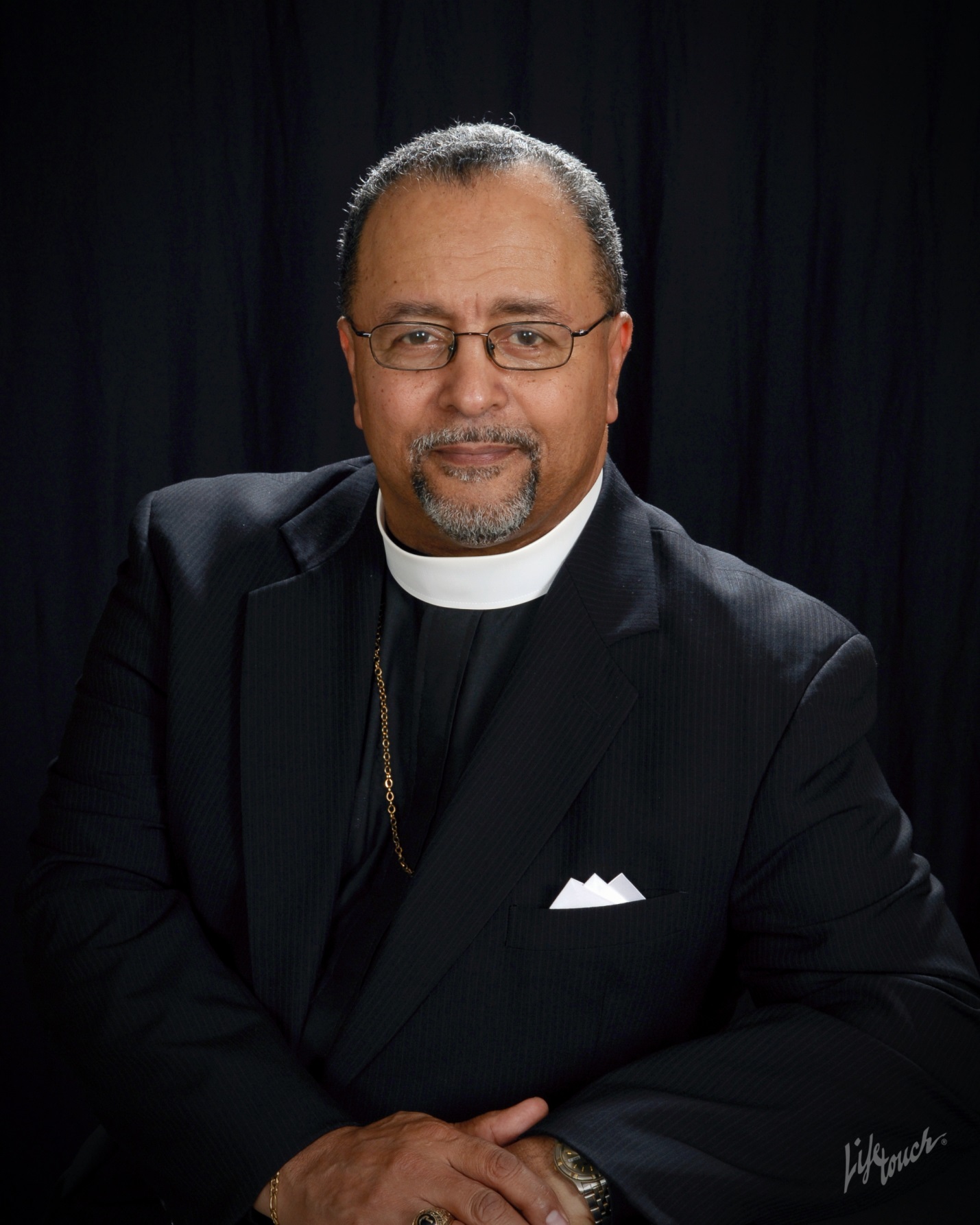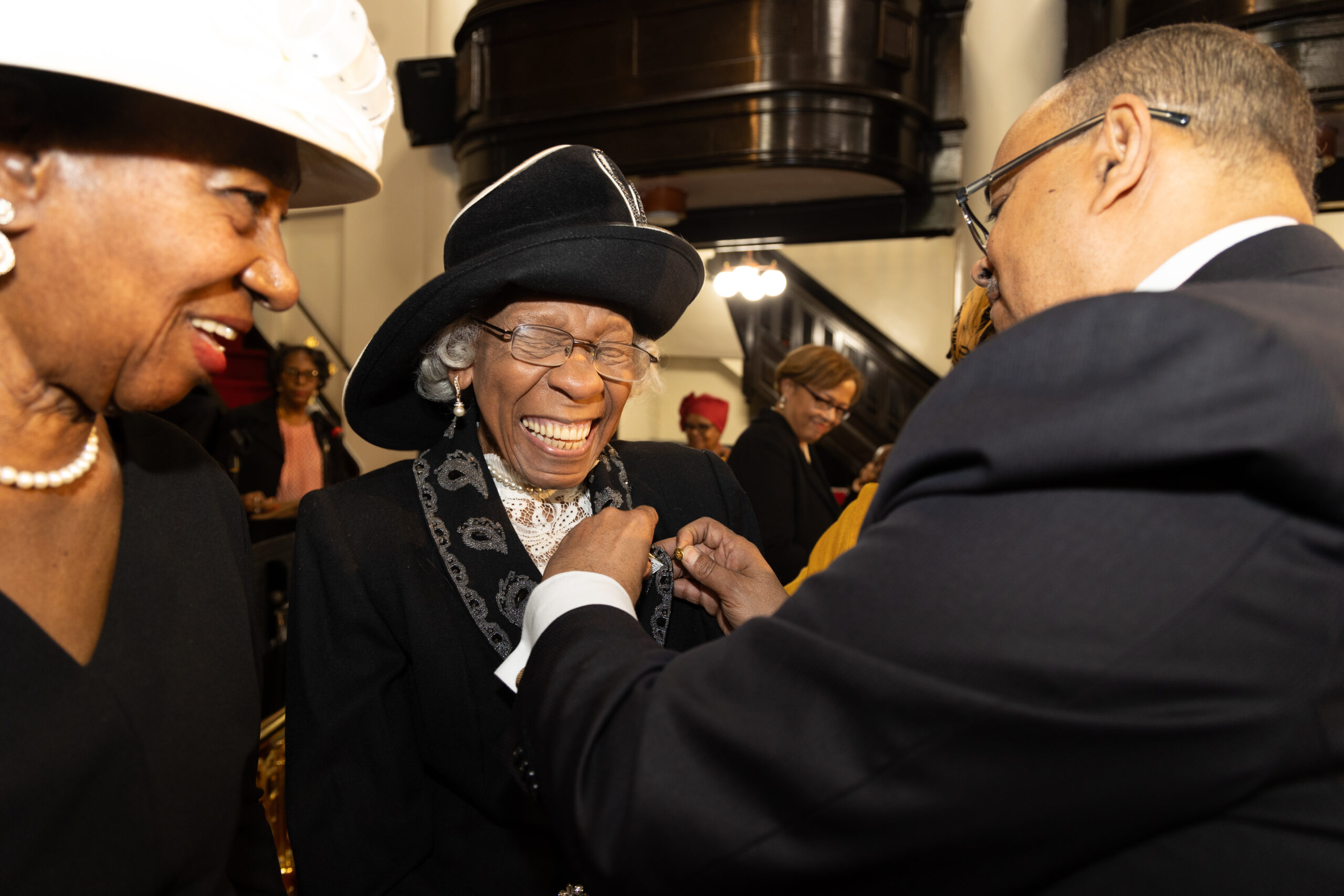By Reverend Dr. Charles R. Watkins, Jr., Columnist
Based on Biblical Text: Romans 12:3, ”For by the grace given to me I say to everyone among you not to think of yourself more highly than you ought to think but to think with sober judgment, each according to the measure of faith that God has assigned.”
As the Body of Christ, we stand on the principle of “Love Thy Neighbor.” “Love thy neighbor” is a principle we wear as a banner of affirmation to our Christian way of thinking. However, to love our neighbor, we must learn to tolerate our differences. We are challenged to love our neighbor without liking what he or she represents, does, or thinks.
Despite our differences, there is common ground on which we can all stand. The common ground is treating each other with respect due as human beings. There are certain common decencies we should all be afforded.
A reason we find “loving thy neighbor” difficult could very well be that we think more highly of ourselves than we ought to think! It is when we put ourselves on a higher plane than our neighbor, we fail to acknowledge their basic rights as human beings. As Christians, we need to remind ourselves not to be so high and mighty when it comes to common decency. Paul admonishes us, “Don’t think too highly of yourself.” Later, in his letter to the fledgling church in Rome, Paul challenges, “Do not claim to be wiser than you are.” (Romans 12:16).
We can be so puffed up with pride and arrogance that our vision becomes clouded by our air of superiority. It is then we risk thinking we are better than anyone else. Unfortunately, then we stop listening. Listening is the key to peace.
The truth is humility goes a long way to resolving differences. A humble person is more inclined to listen to another person and consider another person’s viewpoint. This behavior is a sign of respect. The prophet Amos asked, “Do two walk together unless they have made an appointment?” (Amos 3:3)
Humility reveals much about us. Humility demonstrates our willingness to put someone else above us. Humility helps us extend the same courtesy to someone we desire.
Jesus taught us, “Do not judge, so that you may not be judged.” (Matthew 7:1). As Christians, we are called to share the Gospel and leave judgment to the Lord. We are personally responsible for our own soul’s salvation. We are commanded to share the gospel with others understanding the decision is theirs, not ours. That is why Paul told the church at Corinth, “But let a man examine himself” (1 Corinthians 11:28).
We must examine ourselves. Do I think more highly of myself than I ought to? Do I need to come down off my high horse? Is my head in the clouds?
It is a good idea sometimes to ask a friend we can trust to be honest with us. We should not get angry at the answer. Instead, we are challenged to humble ourselves and work to fix it. If we truly desire an effectual relationship with humankind, we need not be so high and mighty.
The Reverend Dr. Charles R. Watkins, Jr., is the pastor of James Chapel African Methodist Episcopal Church, Charleston, South Carolina.





